


Get to know Iceland
Some people might think that camping in the realm of elves and trolls is a challenge, but it’s not. They often ask questions such as: Are there deadly animals in Iceland? Is my camper safe during winter? How cold does it get? Is it safe to camp in Iceland?
We’ve gathered information, so you’ll see there’s no need to fear camping in Iceland because it’s perfectly safe. As per our Facts And Figures page, Iceland is officially the safest country globally!
Icelandic weather can be highly unpredictable, and often it’s unsafe to be outside during storms and extreme weather conditions. But when you’re in a CampEasy camper, equipped with a bit of common sense and weather information, you don’t have to worry. Our campers are all well prepared for winter camping and come with Webasto heating systems that keep you safe and warm even in the coldest of temperatures in Iceland.
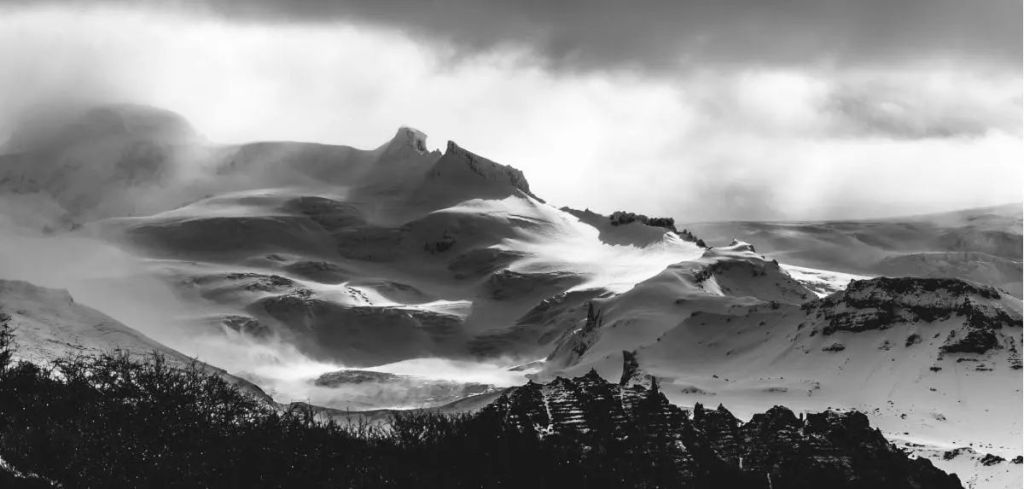
And for the wind, well, the Icelandic winds can reach up to double the force of hurricanes, so sometimes the best option is to stay put and wait for it to blow over. But, if you find yourself uncomfortably close to lifting from the ground in strong winds, we recommend stationing yourself at a standstill and waiting for the wind to pass. The Icelandic storms normally don’t last long, and you’re not in much danger inside your camper if you are parked. If you’re camping in the wintertime, we always recommend keeping a close eye on the weather forecast for maximum safety.
Of course, you shouldn’t drive when the weather is dangerous. That’s when the search & rescue squads get called out. Make sure to check Vedur for accurate information about the weather and make sure you read our articles about winter camping and let’s not forget our awesome in-depth articles about driving in Iceland.
When camping you should only stay overnight in designated campsites. Campsites in Iceland are generally very clean, and they provide you with essential facilities like toilets, and most of the time they even have showers. Our campers do not have toilets or showers built-in so we recommend taking advantage of these facilities and swimming pools. The reason you need to stay in campsites is not necessarily a safety issue but more of a legal one. New Icelandic laws prevent travelers from ‘wild camping.’
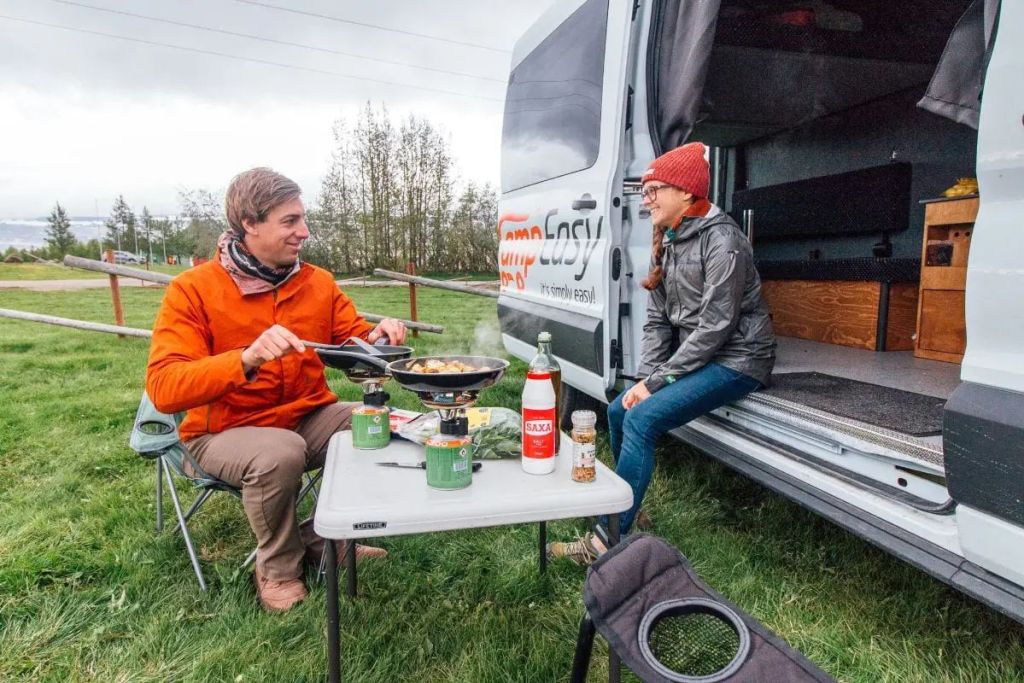
Should you be seen camping on non-designated land, you could receive a high fine and be required to leave immediately by police. Icelanders don’t really like having unexpected visitors sleeping on their property. If you’re afraid that you might not be close to a camping site, don’t worry. Iceland is not a big country, and there are plenty of camping sites scattered across the island. Here you can find all of the camping spots Iceland has to offer. In our map section, you can find information and a map of all campsites in Iceland.
Icelandic camping sites are very safe.
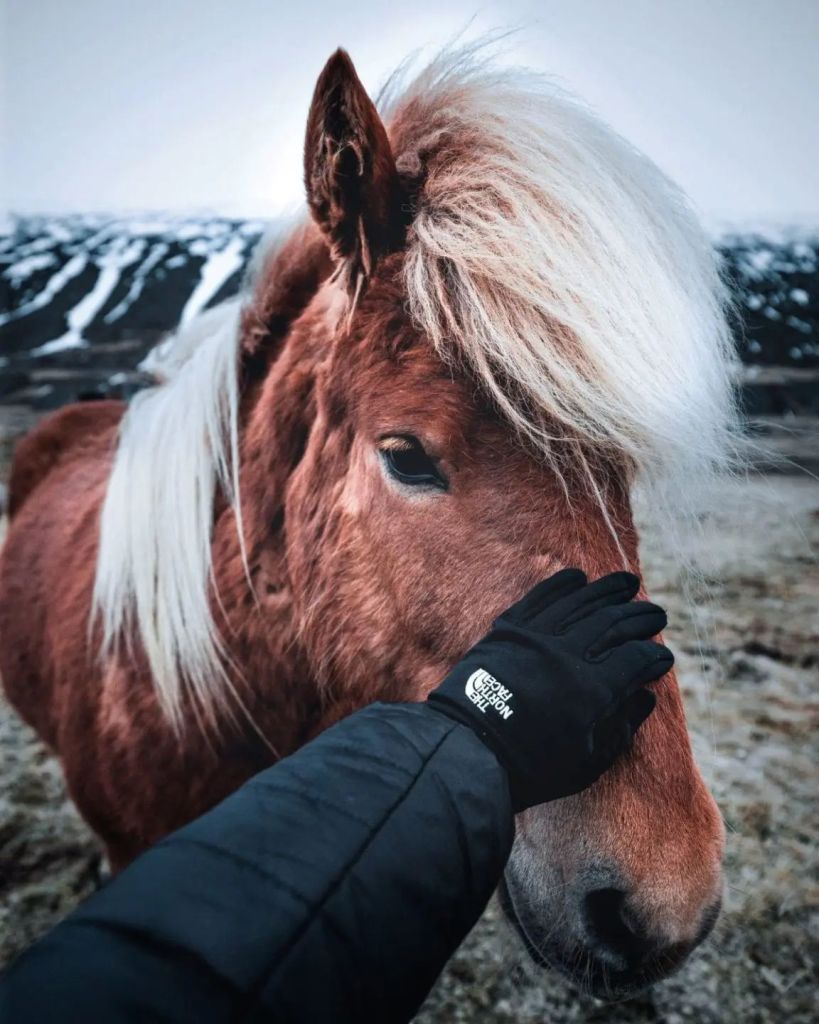
If you’re worried that a giant polar bear might attack you while you take beautiful photographs of the Icelandic scenery you could not be more wrong. Although polar bears have occasionally drifted here on icebergs from the North Pole, don’t let the tourist shops fool you. Polar bears don’t live in Iceland. In fact, they could not live here because the summer gets too hot for them.
There are no seriously dangerous animals in Iceland.
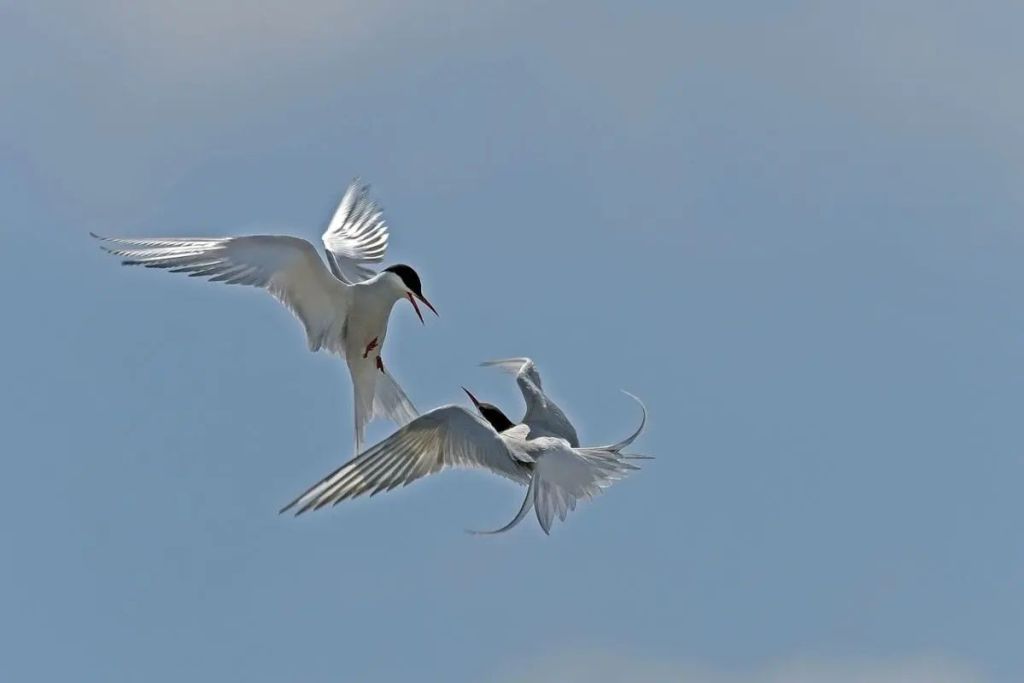
The most dangerous animal you might encounter is the Arctic Tern or a Kría (pronounced: Cree- ah). The terns are very protective over their nests, and if you step too close, they will come and try to peck your head. You’ll be fine if you stay a safe distance away and you can recognize their screeching from a long distance so they shouldn’t surprise you.
Other than the terns there are no dangerous animals that you might come in contact with, and there are certainly none that can seriously injure or kill you.
Nature is possibly the most dangerous thing you’ll encounter in Iceland. Although it may look stunning, you should always be aware of your surroundings when in Iceland. We’re not saying that you should walk around in a bright yellow vest with an experienced tour guide all the time, but you should evaluate your situation and prepare accordingly. If you are taking the Golden circle, don’t go too close to the waterfall and don’t cross the line when at Geysir. You don’t want to fall on slippery paths or risk getting burned. On that note, please be aware that geysers are basically pools of boiling water. Always take extra steps to make sure that you are safe around them.
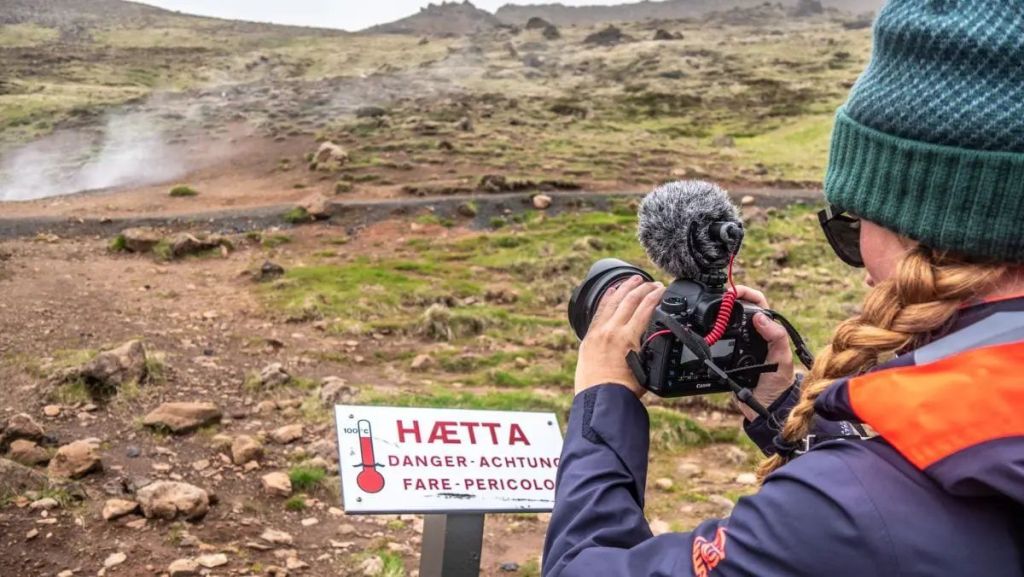
The lava can be surprisingly unsafe as well. It may just be a bed of rocks but, there are deep cracks in it that are hard to detect. If you fall down one of the cracks and are alone, you may never be found. Also, what are you doing out in the lava stepping on the moss? We Icelanders are incredibly proud of our nature and especially the moss since it often takes many years to grow. Be respectful of the environment in Iceland, and the environment will be respectful of you.
And don’t even think about visiting a glacier without an experienced guide. That is dangerous, and you should in no circumstances climb or walk on a glacier by yourself.
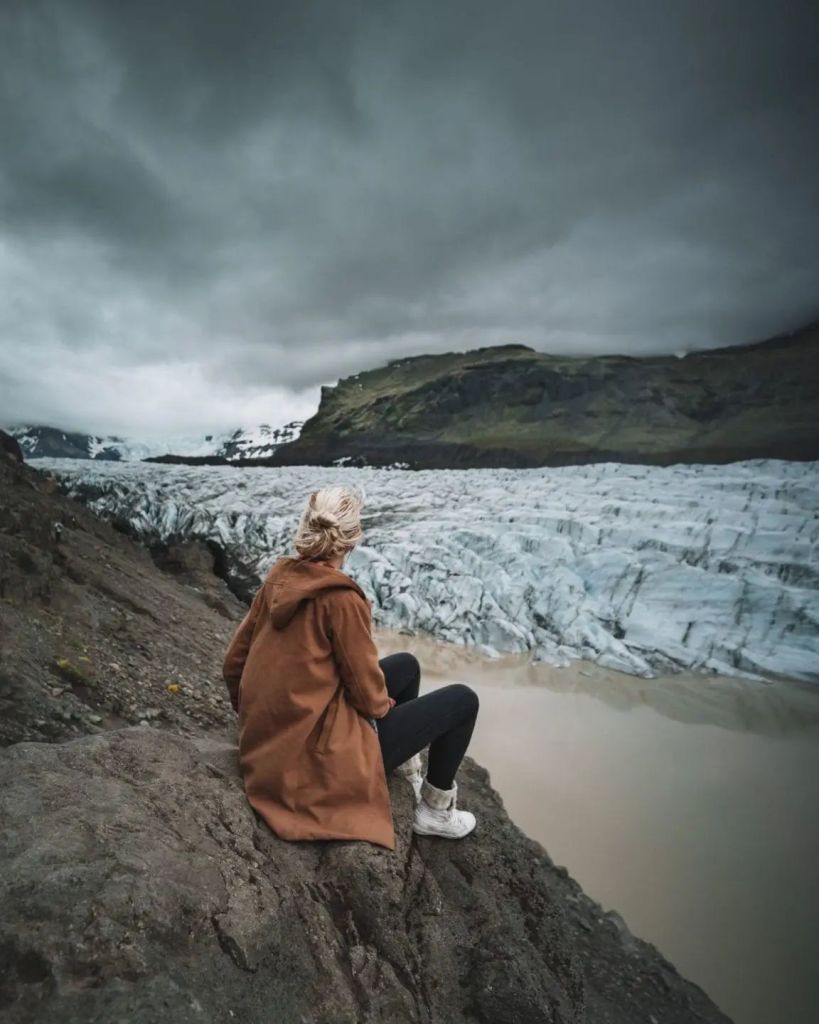
Some people say that humans are the most dangerous animal on the planet. In this context, we like to think that Iceland is the exception to the rule. Crime rates in Iceland are incredibly low, and generally, there is great trust among locals. This trust stems from a tight-knit community from the Viking age. To be fair, Vikings weren’t friends with each other most of the time, but everyone still knew each other. Iceland is, after all, a small island in the middle of the Atlantic ocean.
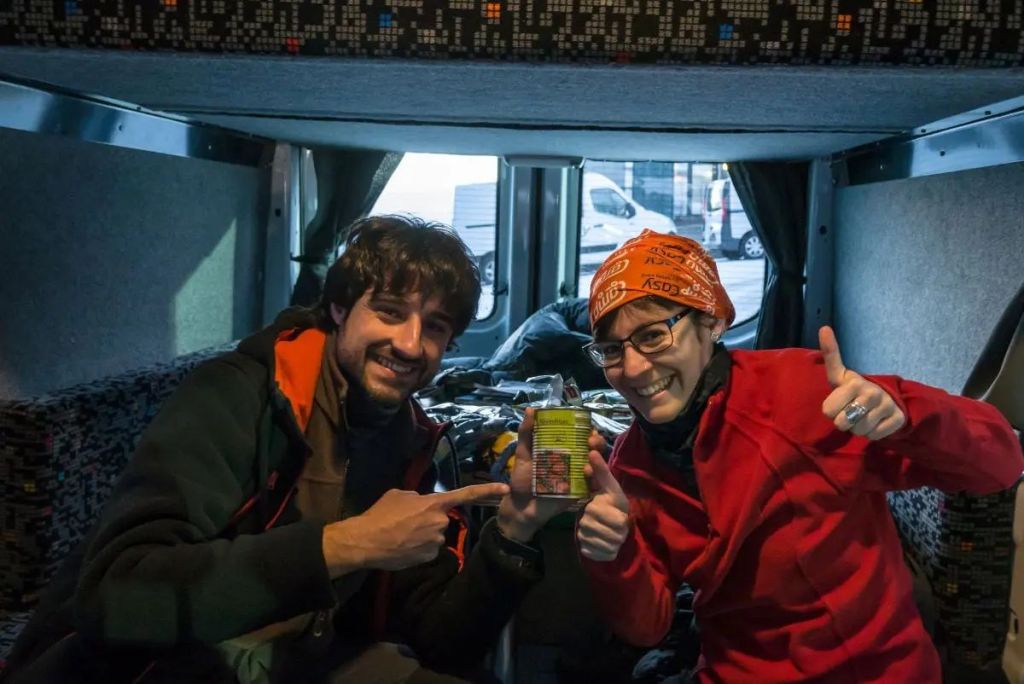
Because of the distance between other countries in the olden days, Icelanders only had themselves, and if you’re stuck on an island for decades, you might want to build some trust amongst other islanders. That trust remains strong even in the days of the internet and airplanes. So if you’re worried that you might not be safe at a campsite or while traveling remember that there is virtually no crime rate in Iceland.
Iceland is in no way a place you should be afraid to visit. Most of the country is very safe if you can utilize your common sense. Aside from a few winter storms and the terns you should be absolutely fine during your visit. Icelanders are almost always willing and able to help you and if you’re in doubt about anything just ask someone. Whether that is the internet, an employee at a tourist information center, or a local. Follow the guidelines given to you and be careful and safe while visiting Iceland!

CampEasy Opening hours 09:00-16:00
Learn more about Self-Service
A minimum of 20 hours notice is required to use the booking engine. Click here to contact us directly for a booking less than 20 hours from now.
Change Date